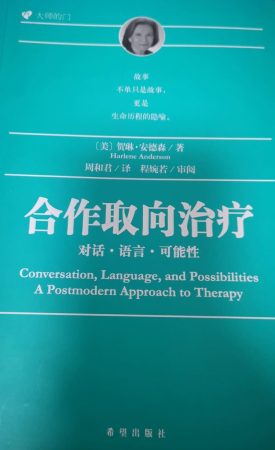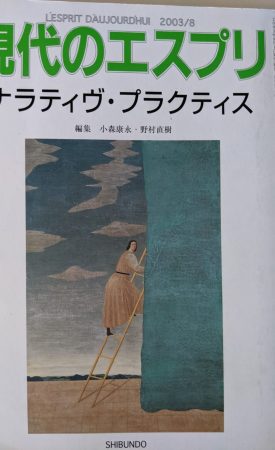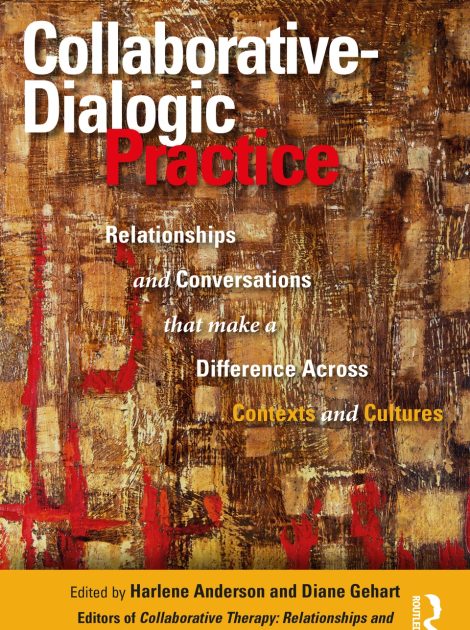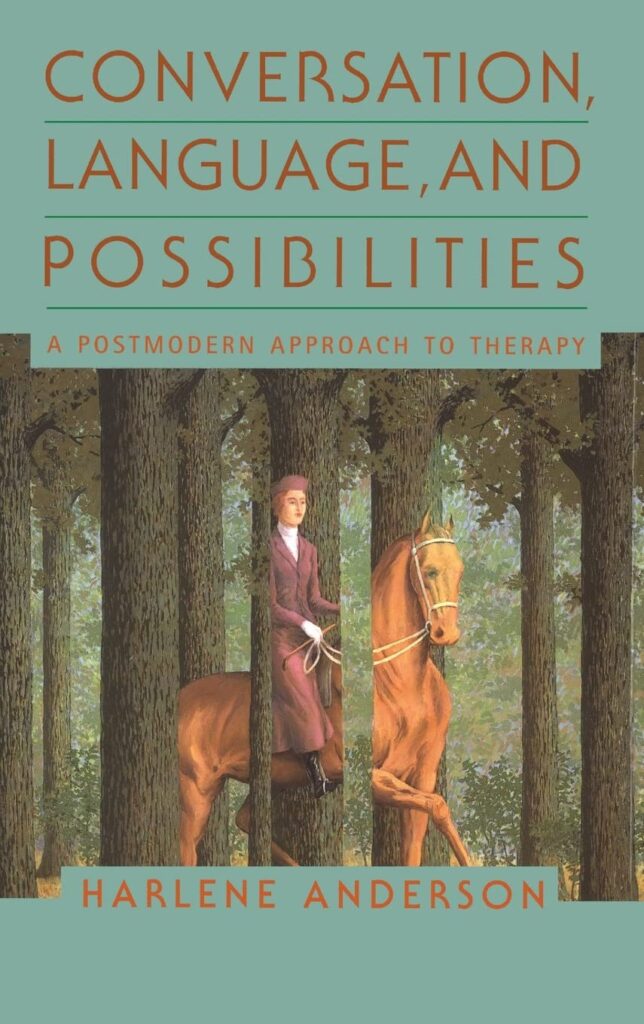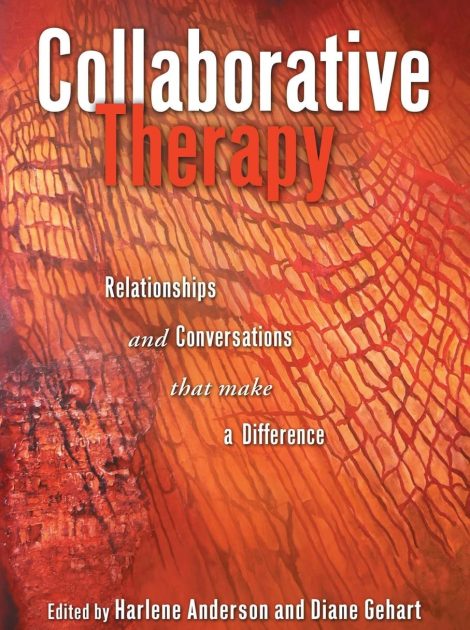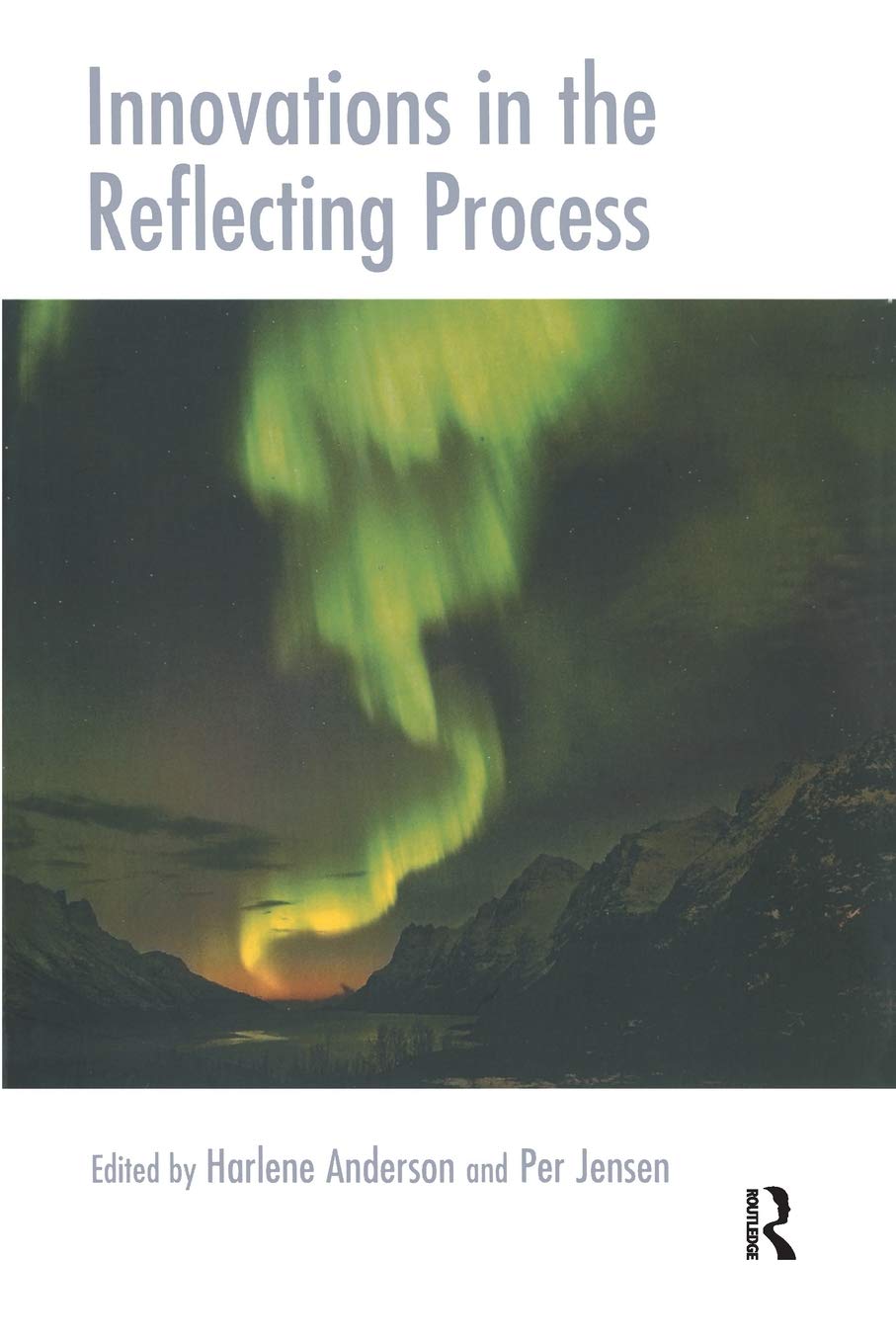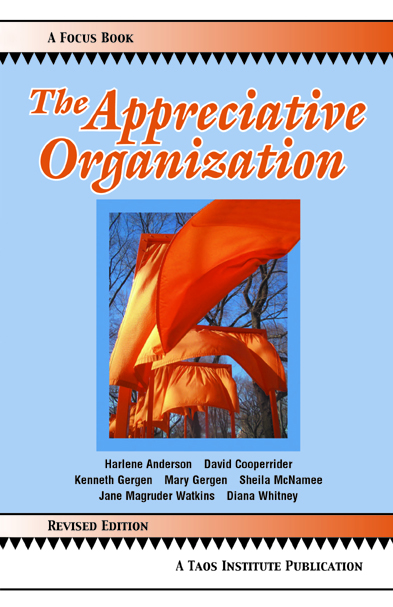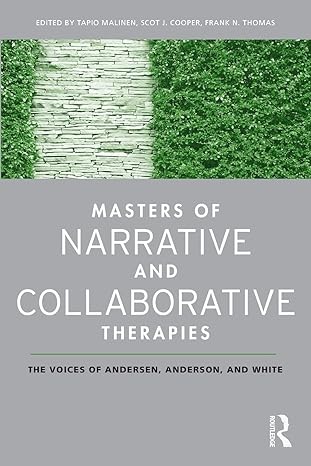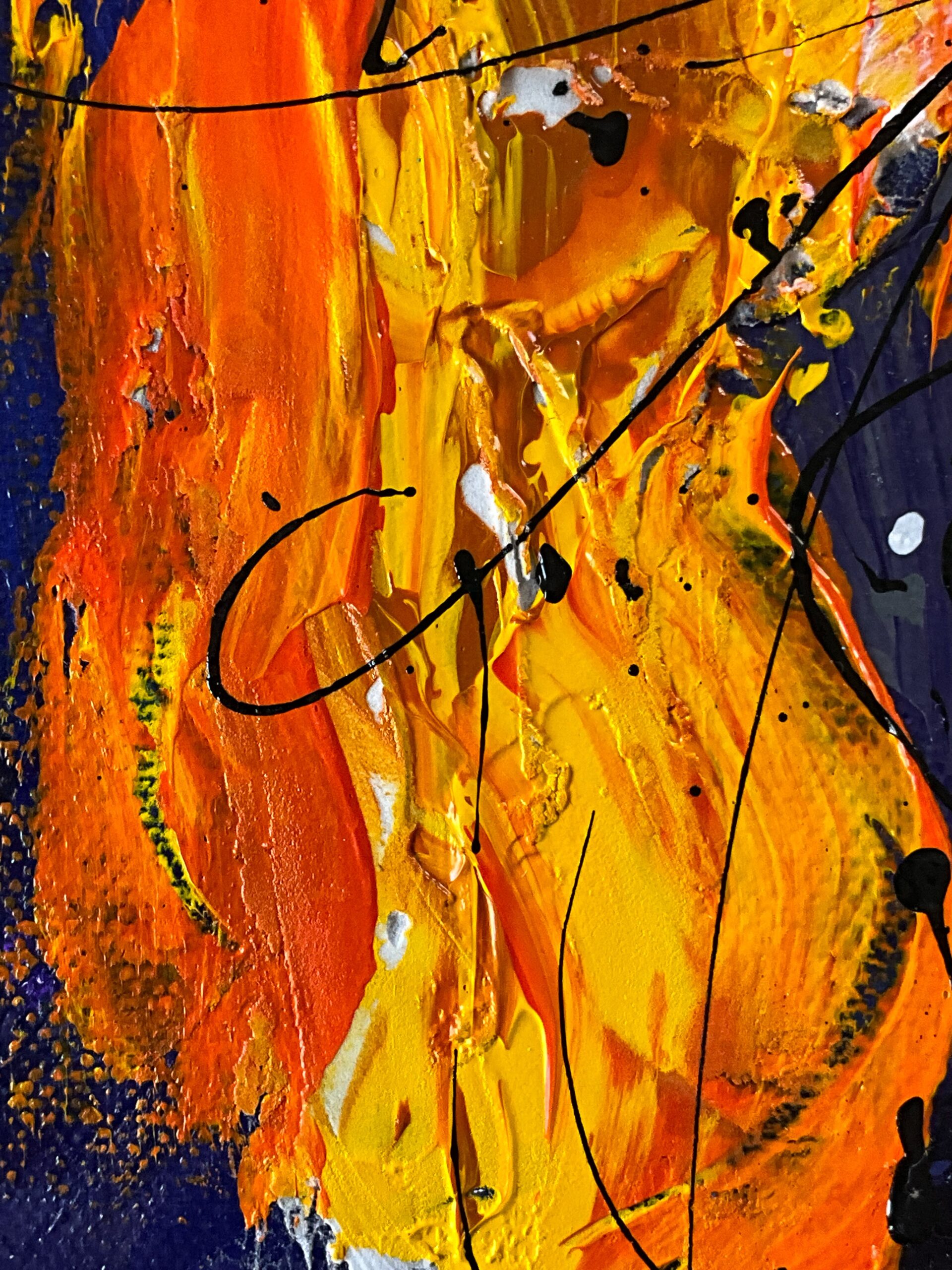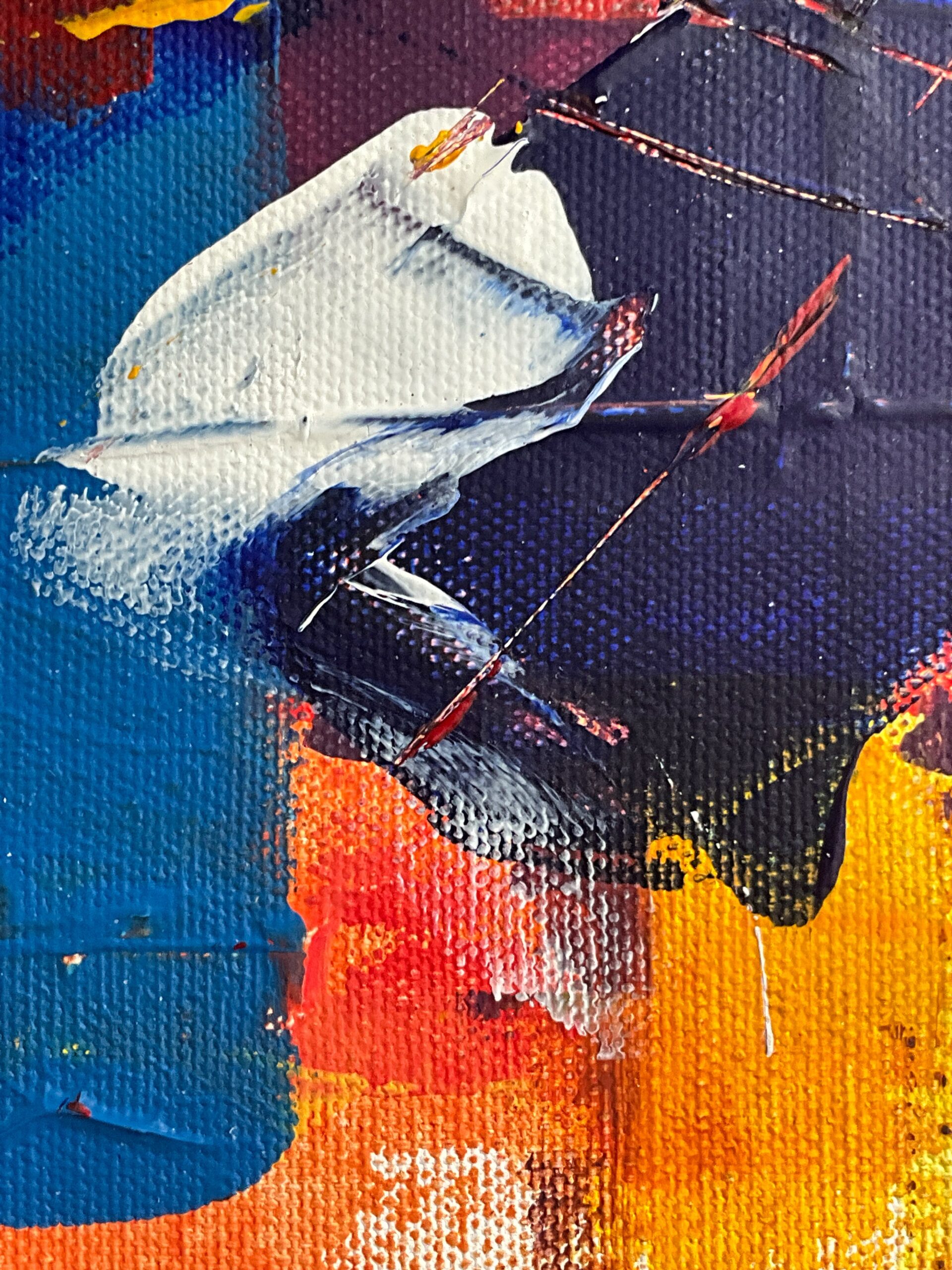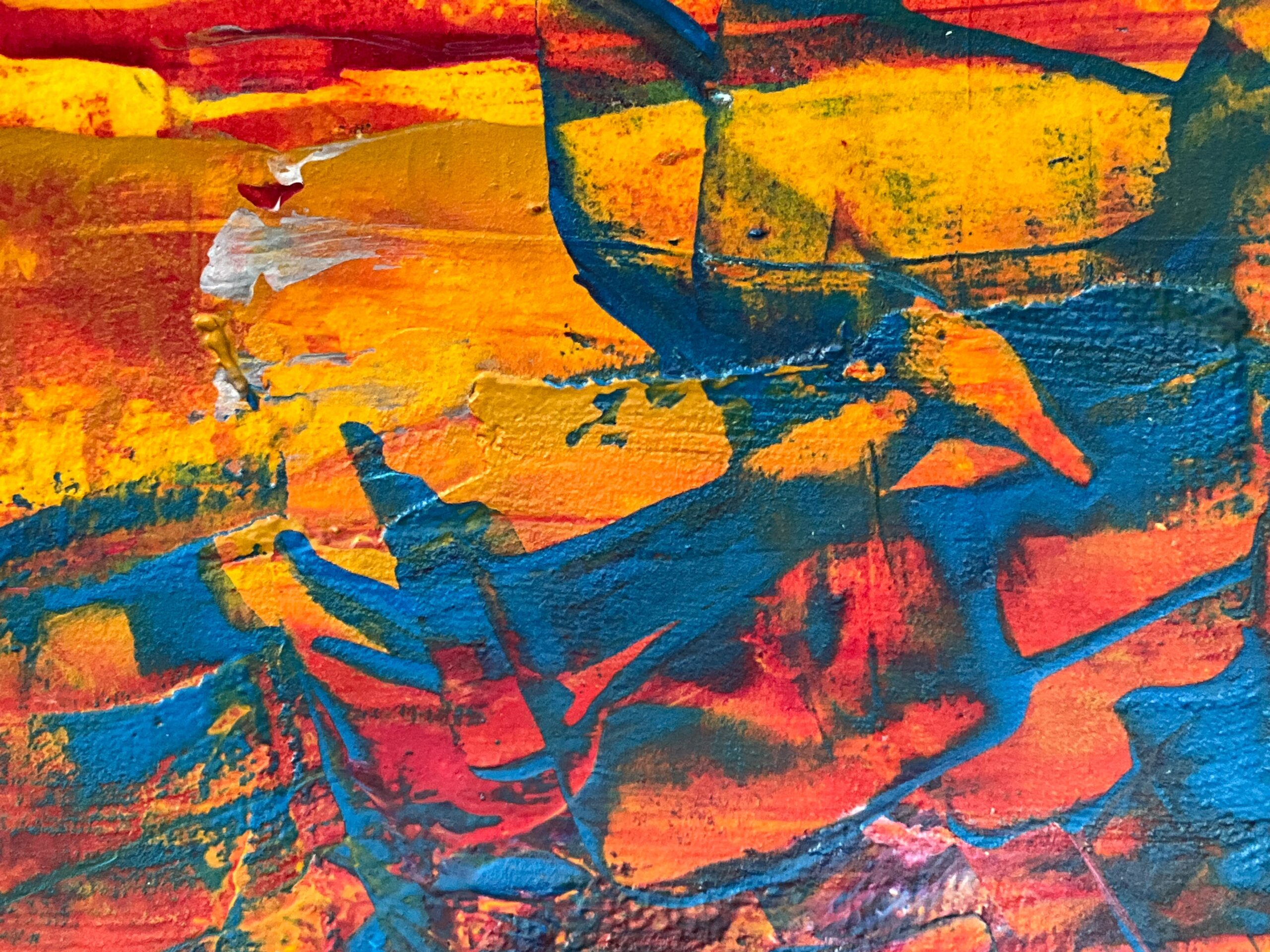Books & Manuscripts
Welcome!
Collaborative-Dialogic Practice: Relationships and Conversations that make a Difference Across Contexts and Cultures
Available most anywhere you like
to buy your books, including:
Have you ever wondered how to successfully communicate with someone who sees the world from an entirely different angle than you do?
Often the chasm seems impossible to navigate, even with the best of intentions.
Whether you work in a boardroom, schoolroom, therapy room, or community organization, Collaborative-Dialogic Practice offers a humanizing approach to facilitating dialogues that make a difference in our fast-changing, diverse, and ever-shrinking world.
These practices encourage relationships and conversations that create a generative space and promote meaningful transformations, even in the most difficult situations. This approach involves an epistemological and mindset shift in how we think about ourselves, the people we meet, what we do together, and how we do it. Grounded in social constructionism, the main feature of the practice, the philosophical stance, guides the professional in particular ways of being, talking, thinking, and acting with others.
Rather than assuming an expert position of authoritative knowledge, collaborative practitioners use curiosity, not-knowing, and uncertainty to engage others in meaningful dialogue that generates new understandings, informing future possibilities that were previously unimagined by either person alone.
Conversation, Language, And Possibilities: A Postmodern Approach To Therapy First Edition
How can a therapist create the kind of relationship and conversation with a client that allows both to access their creativity and develop possibilities where none seemed to exist before?
To answer this important question, Harlene Anderson invites us on a challenging, inspiring journey with an illuminating blend of postmodern theory and clinical narratives. We first meet a Swedish mother, whose experiences in therapy are wrought with frustration.
The rest of the book is an answer to this mother’s appeal, showing how therapists and clients can become conversational partners in a powerful process of transformation and change. Drawing on her experiences as a practitioner and teacher and on her clients’ experiences of therapy, Harlene Anderson joins social thinkers who challenge the familiar culture of psychotherapy, including the foundations on which its theory, practice, research, and therapist education have been based. Anderson directly challenges the expert-nonexpert dichotomy and hierarchical structures that flow from it.
She asserts that conventional premises and practices have lost their relevance in a world of rapid social transformation, and calls instead for a philosophy of therapy and a way of being in client relationships that invite collaboration.Conversation, Language, and Possibilities forges surprising links between postmodern theory and collaborative clinical practice. In this framework, human systems are viewed as systems of language and communication. Clients’ voices are privileged. And language is generative in shaping and reshaping human life and relationships, creating potentials for positive change as infinite in variety and expression as the individuals who realize them.
Available most anywhere you like
to buy your books, including:
Collaborative Therapy: Relationships And Conversations That Make a Difference 1st Edition
Available most anywhere you like
to buy your books, including:
Collaborative Therapy: Relationships and Conversations That Make a Difference provides in-depth accounts of the everyday practice of postmodern collaborative therapy, vibrantly illustrating how dialogic conversation can transform lives, relationships, and entire communities.
Pioneers and leading professionals from diverse disciplines, contexts, and cultures describe in detail what they do in their therapy and training practices, including their work with psychosis, incarceration, aging, domestic violence, eating disorders, education, and groups.
In addition to the therapeutic applications, the book demonstrates the usefulness of a postmodern collaborative approach to the domains of education, research, and organizations.
Innovations in the Reflecting Process
The passion to continually be on the move to seek new understanding is a characteristic of the field of family therapy and systemic thinking over the last forty years.
Many professionals have moved around, more or less freely, in and out of this field. Some have made footprints that will last for a long time.
One of these is Tom Andersen. From a position as professor in social psychiatry at the University of Tromso in northern Norway he has moved around the world participating with other professionals in their efforts to develop their work and seek wider horizons. – Harlene Anderson and Per Jensen, from the Preface
Available most anywhere you like
to buy your books, including:
The Appreciative Organization
by Harlene Anderson, David Cooperrider, Ken and Mary Gergen, Sheila McNamee, Jane Magruder Watkins & Diana Whitney
Available most anywhere you like
to buy your books, including:
In the original version of this book the founders of the Taos Institute pooled their substantial resources to create a vision of a powerful and humanly nourishing form of organization and to share practices for bringing this organization into being.
Today, The Appreciative Organization has been revised and updated. Based on the authors’ diverse experiences in organizational life, they are unanimous in their view that the appreciative construction of meaning is essential to the efficacy of an organization and the fulfillment of its participants. In clear and direct language, the volume treats the challenges of decision-making, leadership, group functioning, personnel evaluation, and the relationship of the organization to its context.
Bold ideas are developed, examples described, and multiple suggestions developed for creating the appreciative organization. The revised edition of the book builds upon the ideas, concepts and characteristics of the Appreciative Organization. Now included in the book is a section on helpful resources, a chapter on “valuation”, and much more. You will want to add this new “gem” to your personal library.
This volume will be of special significance to consultants and organizational members who wish to see the key elements of appreciative inquiry realized in the everyday working of the organization.
Masters of Narrative and Collaborative Therapies:
The Voices of Andersen, Anderson, and White
Tom Andersen, Harlene Anderson, and Michael White have shaped the landscapes of dialogical, collaborative, and narrative therapies. This unique book archives one of their gatherings and, in the spirit of therapeutic practice, is conversational and captures the presentations and exchanges between the three main contributors and international discussants.
Tom Andersen invites us along to navigate the ‘forks in the road’ he faced in his emerging career, and he revisits the development of his pioneering ideas such as reflecting teams. Harlene Anderson paints the picture of her experiences in collaboration with women in Bosnia. Michael White, co-founder of the narrative therapy tradition, then provides a clear example of the frontiers of collaborative post-modern therapies. Through the introduction of the theory and application of Vygotskian ideas Michael excites the reader about what is possible to know and do in a therapeutic conversation.
Available most anywhere you like
to buy your books, including:
Books Translations

